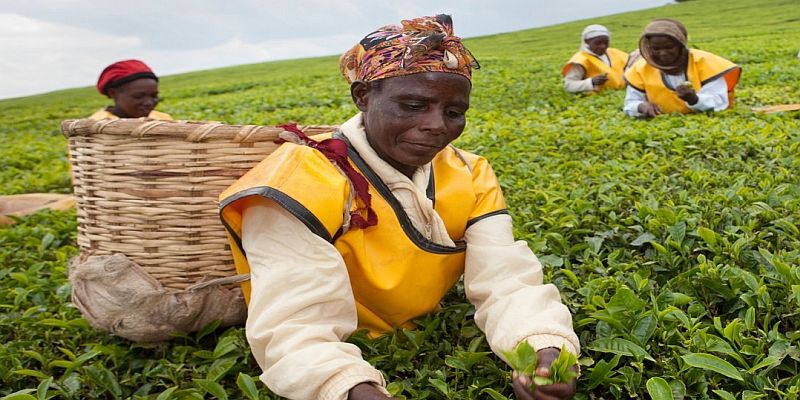Role of Social Workers in Small-scale Farming

Small-scale coffee, sugar, milk, tea, tobacco, and avocado farmers cannot access local or international markets. They use intermediaries such as marketing boards and brokers who propagate extract from them and exploit them. Most marketing boards and brokers are based in cities and urban centers. While farmers elect directors who represent their interests in marketing boards, these boards still exploit them by dictating prices and siphoning off their hard-earned surplus.
In one marketing board that held its elections in July 2024, most electors at the factory polling stations were old women with ashen faces, in rubber or plastic shoes, scarves on their heads, and wrappers to keep warm. They bore the physical marks of their labor, with no makeup, long painted nails, weaves, or braided hair.
They reminded me of my youth when I picked tea, coffee, and milked cows. They reminded me of commodity centers with no chairs to sit, water to drink, or clean toilets. After standing on the farm with a basket on the back, the women had to stand again at the buying center, waiting for their tea to be weighed and for the truck to arrive so that they could load the tea. The physical toll of their labor is evident in their weary faces and stooped postures, a testament to their hard work and dedication.
Meanwhile, the top management in factories and marketing boards sit in oval offices wearing suits, sipping tea or coffee, and going to photo sessions to demonstrate their hard work. Women workers in the marketing boards have long polished nails, colored weaves, high heels, and lips balmed with brightly colored lipsticks.
The marketing boards cream off the small-scale farmers' surplus. It pays for its overheads, trips abroad, and salaries. It dictates the prices for the tea without considering the farmer's inputs, medical, and pension plans. Part of the arrangement of those in offices includes payment, health insurance, pension plans, and vacation fees. The officers can build good houses in urban or rural areas, while the farmers live in poor housing in rural areas. They take their children to good schools while the small-scale farmers send them to dilapidated rural public primary schools. This stark contrast in living conditions and benefits indicates the need for social workers to advocate for policy change and seek social justice for small-scale farmers.
Social justice for small-scale farmers should explore various ideologies, social issues, economic problems, and political dynamics affecting them. Social workers should help farmers understand government systems and programs and the role of marketing boards and brokers. This will help farmers to make informed decisions and hold respective officers accountable.
This will inspire farmers to seek better terms of trade.
They should unify small-scale farmers to collective action such as writing letters to senators, governors, members of parliament, and MCAs to appeal against injustice. Forming local and regional associations such as women banana farmers, Macadamia farmers, Avocado growers, Coffee growers, Tea farmers associations, and Sugar farmers associations can lead to collective bargaining and like-mindedness to work together. Unity is strength, and individuals are connected by the goals of bettering themselves. Individuals alone cannot address the mammoth power of marketing boards and brokers.
Social workers can help farmers juggle and navigate the political, economic, cultural, and societal landscape. They can help farmers understand how political environments influence policymaking in the farming domain.
Social workers can use the social welfare domain, comprised of organized systems, to support farmers through design strategies and programs corresponding to the farming seasons and climate change. They can ensure farmers have financial support, food stamps, subsidized housing, education, and healthcare. They can also help farmers to overcome dependency and indebtedness circuits as well as identify genuine traders, suppliers, buyers, and extension services. Through social worker interventions, farmers can also create revolving funds with low interest rates.
Political parties' ideologies influence social welfare agenda setting, policy proposal development, and how funds are allocated to agriculture. Most social problems are due to lopsided policies and extraction and exploitation by marketing boards and brokers. To play this role, the leadership of social workers is essential. They must influence, inspire, and motivate individuals, families, and communities. They must also recognize the multifaceted and interlinked nature of micro, mezzo, and macro issues affecting small-scale farmers. Social workers must collaborate to realize policy change and advocacy to seek social justice for small farmers.
Mary Njeri Kinyanjui
marykinyanjui@yahoo.com
